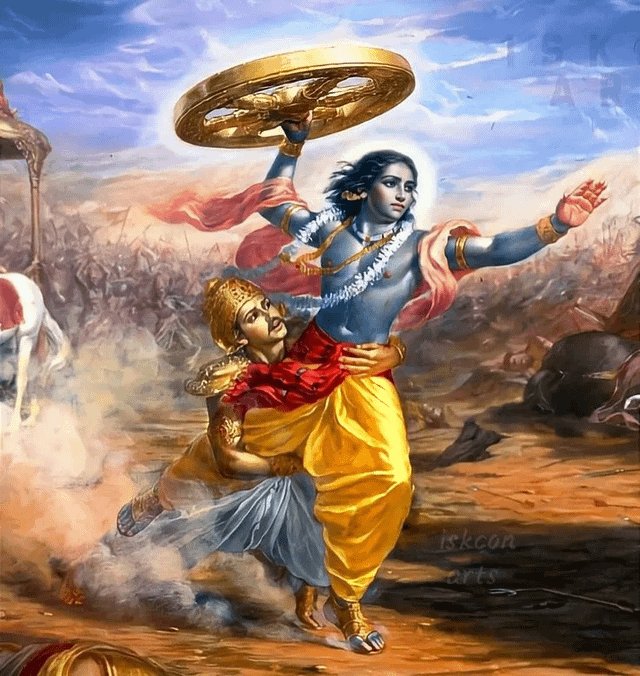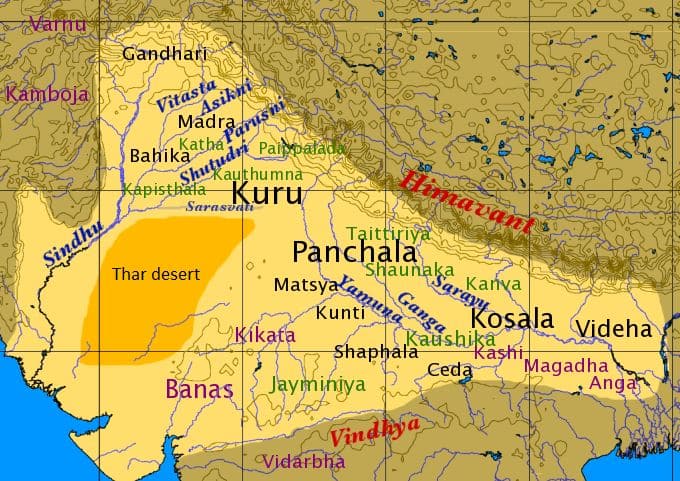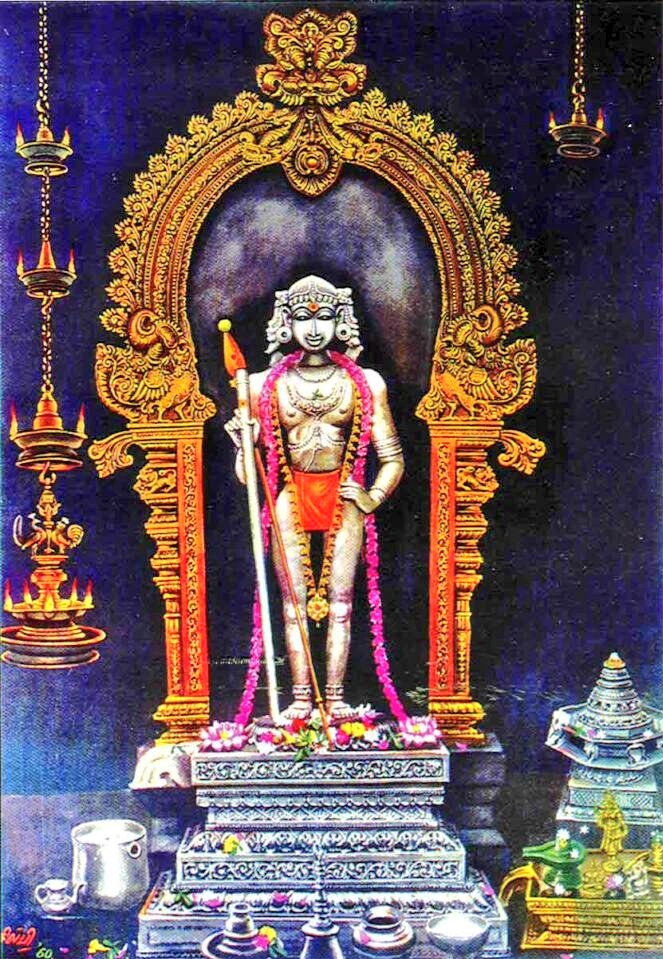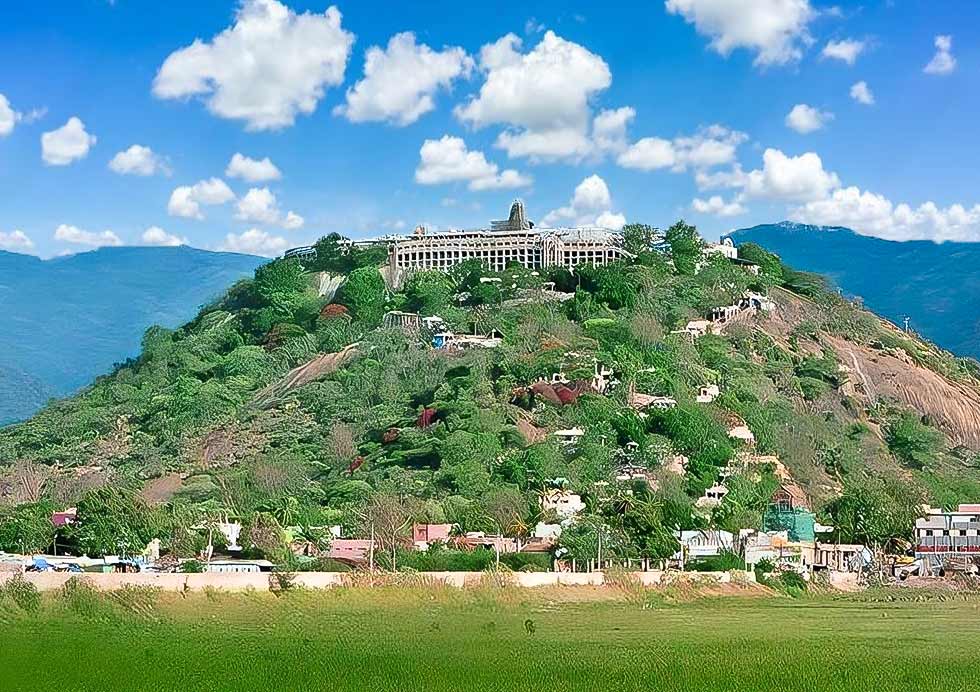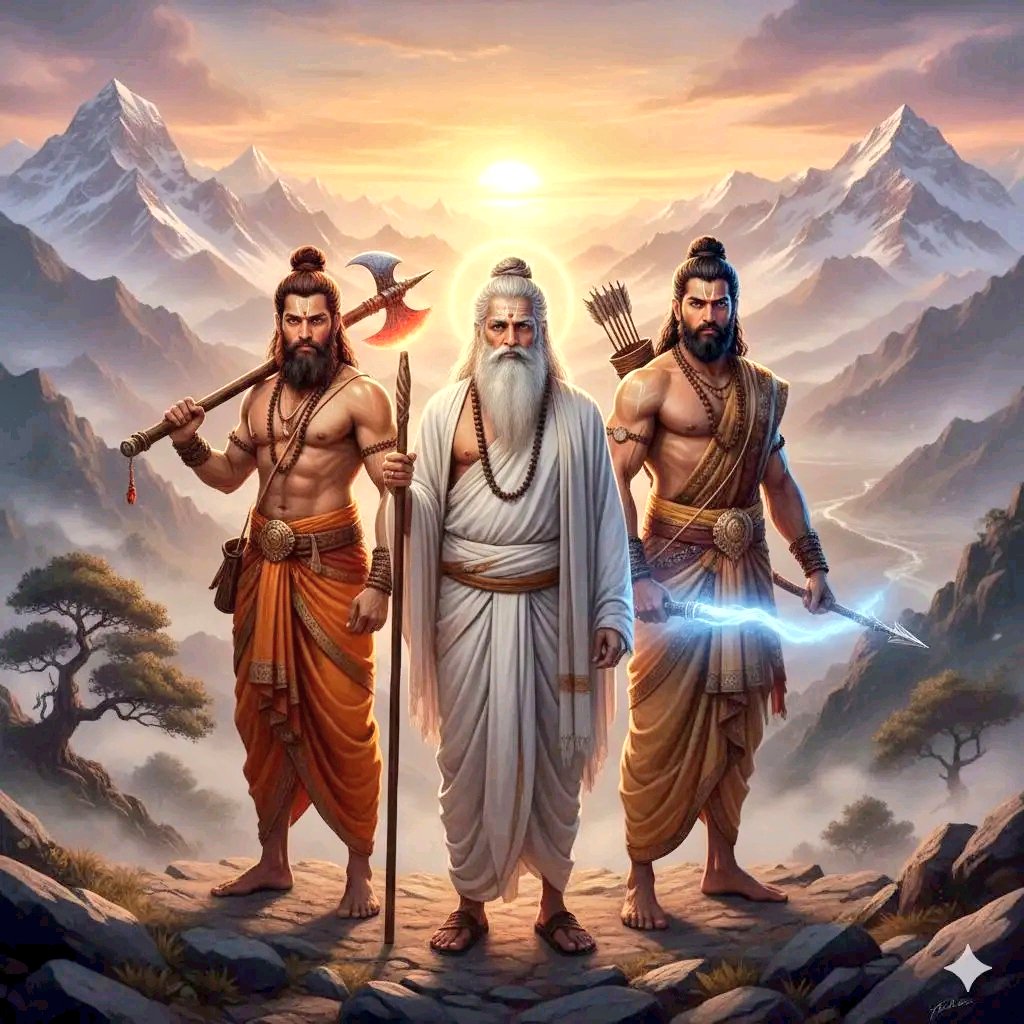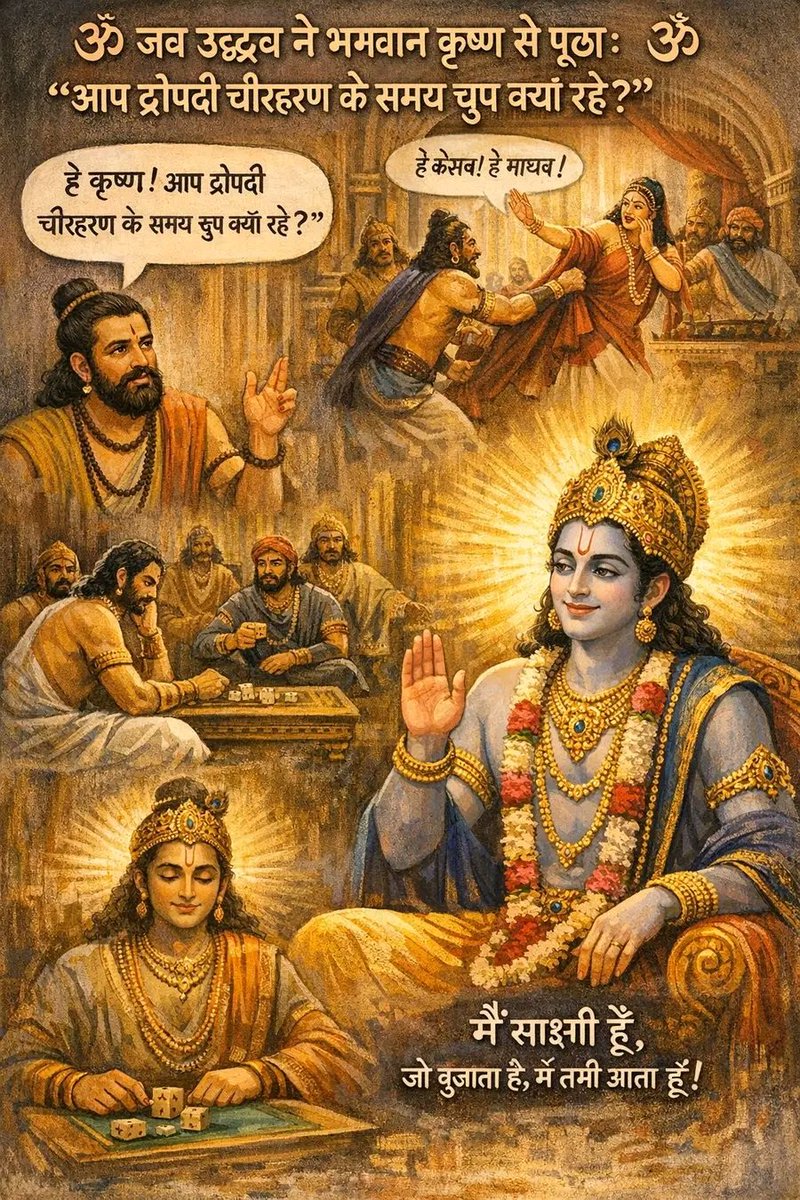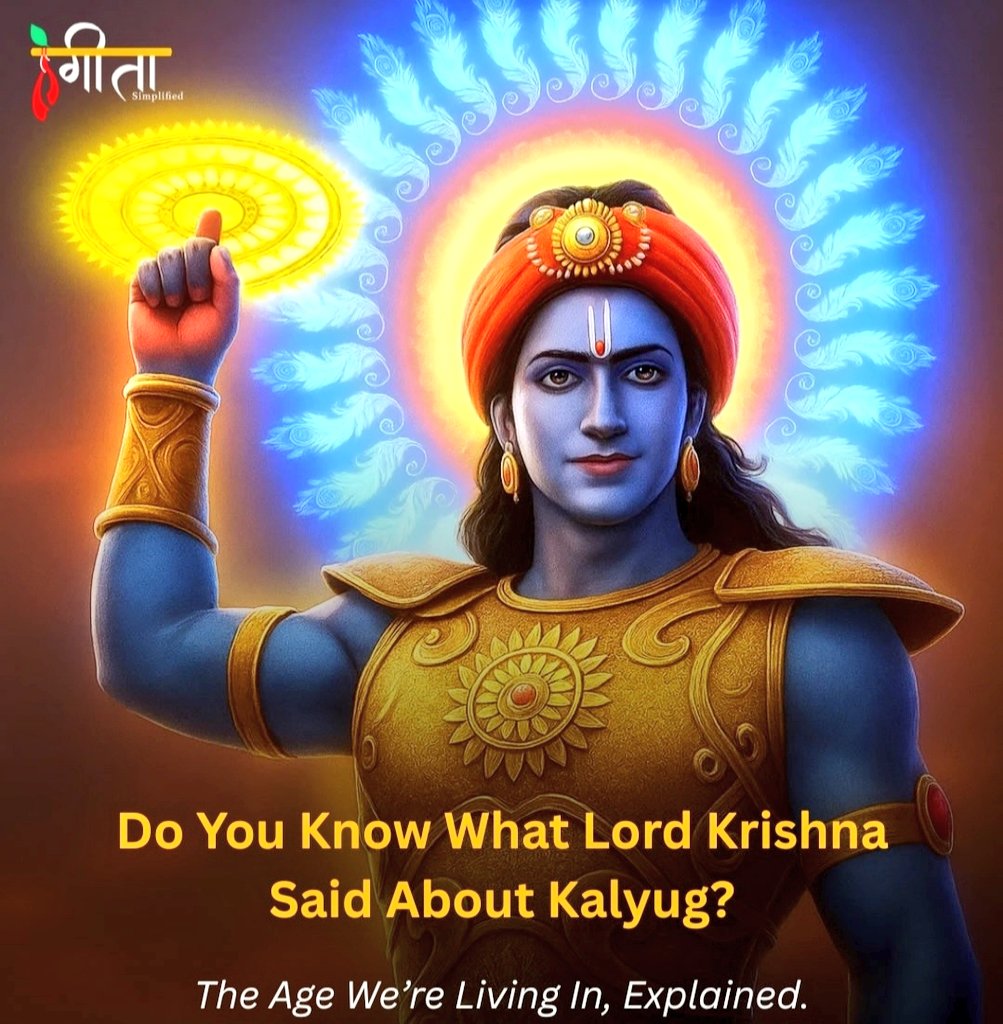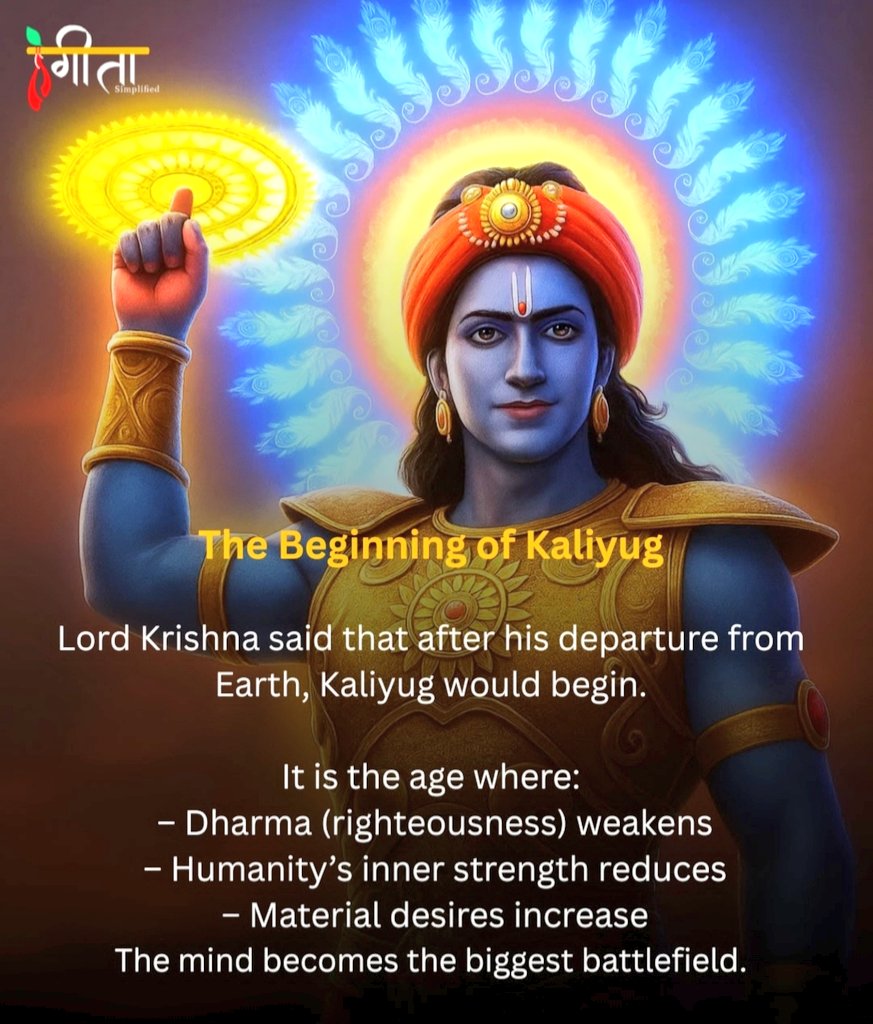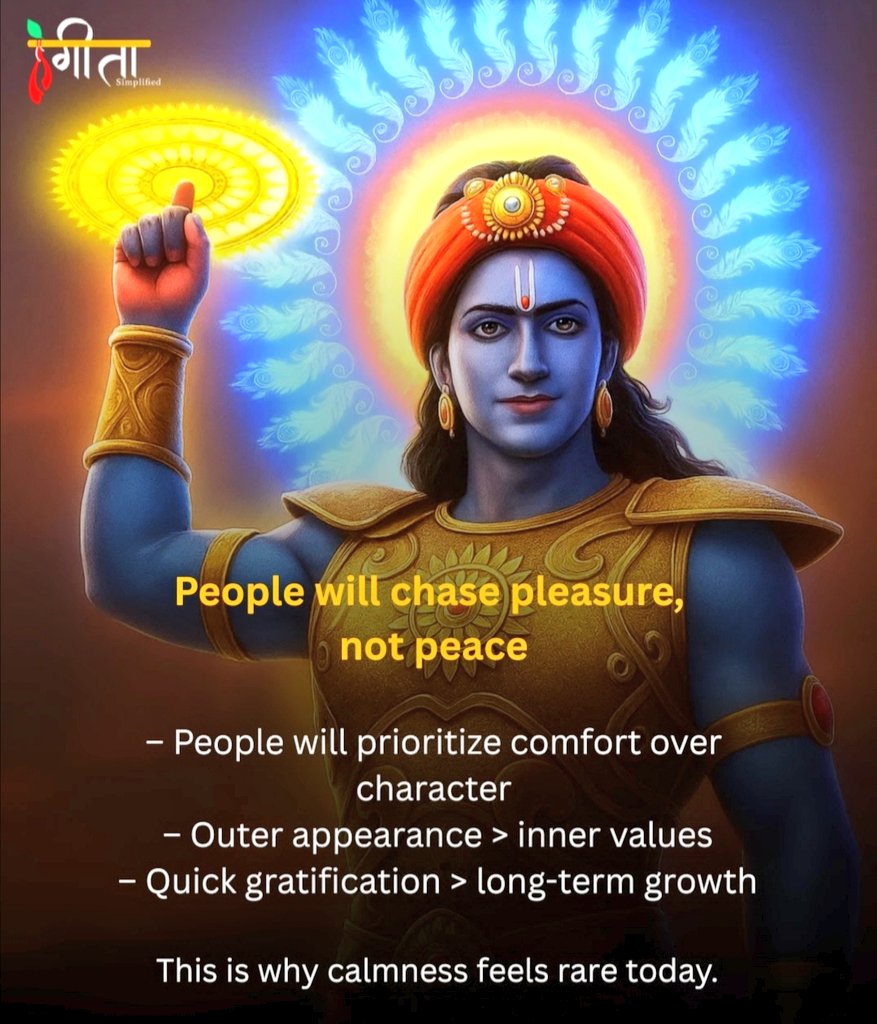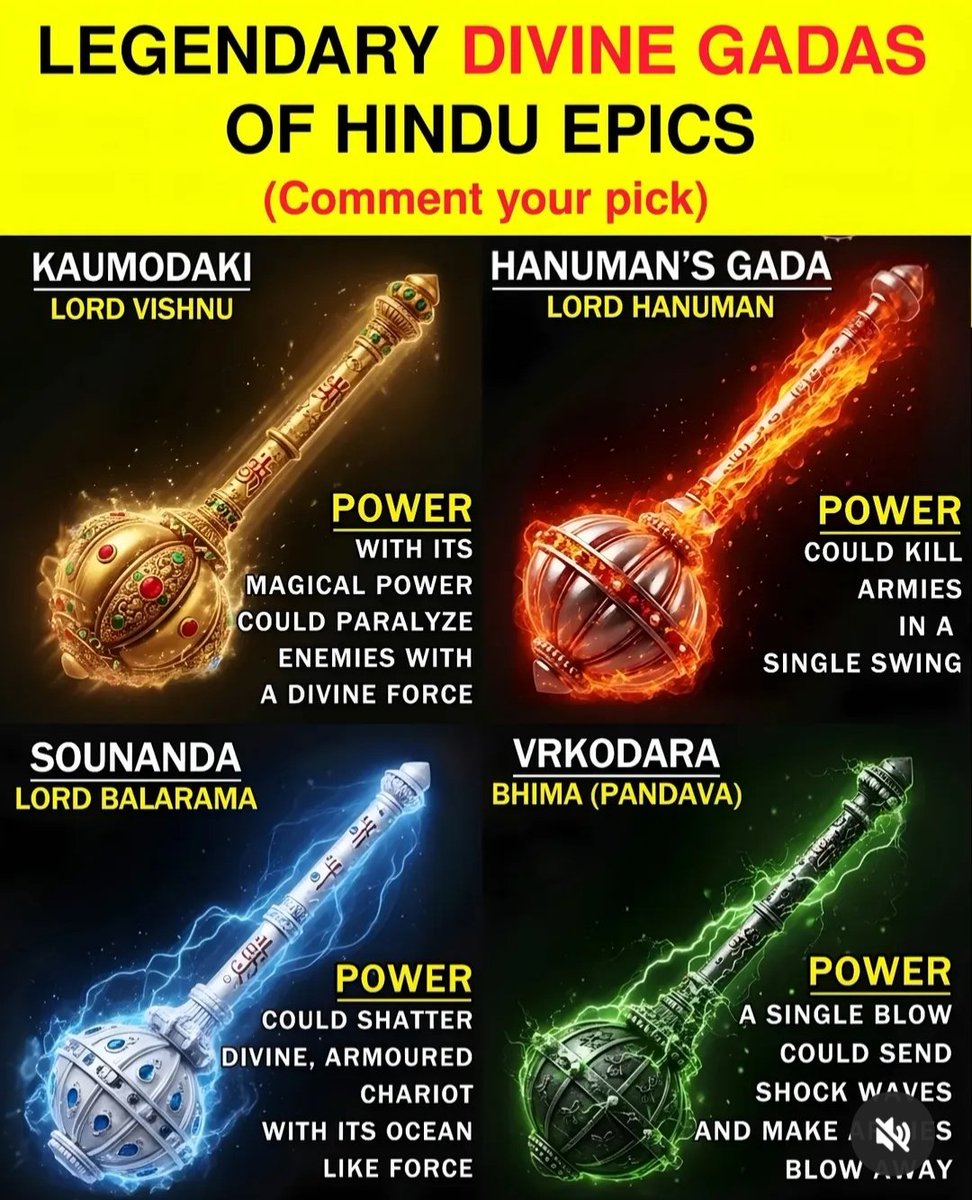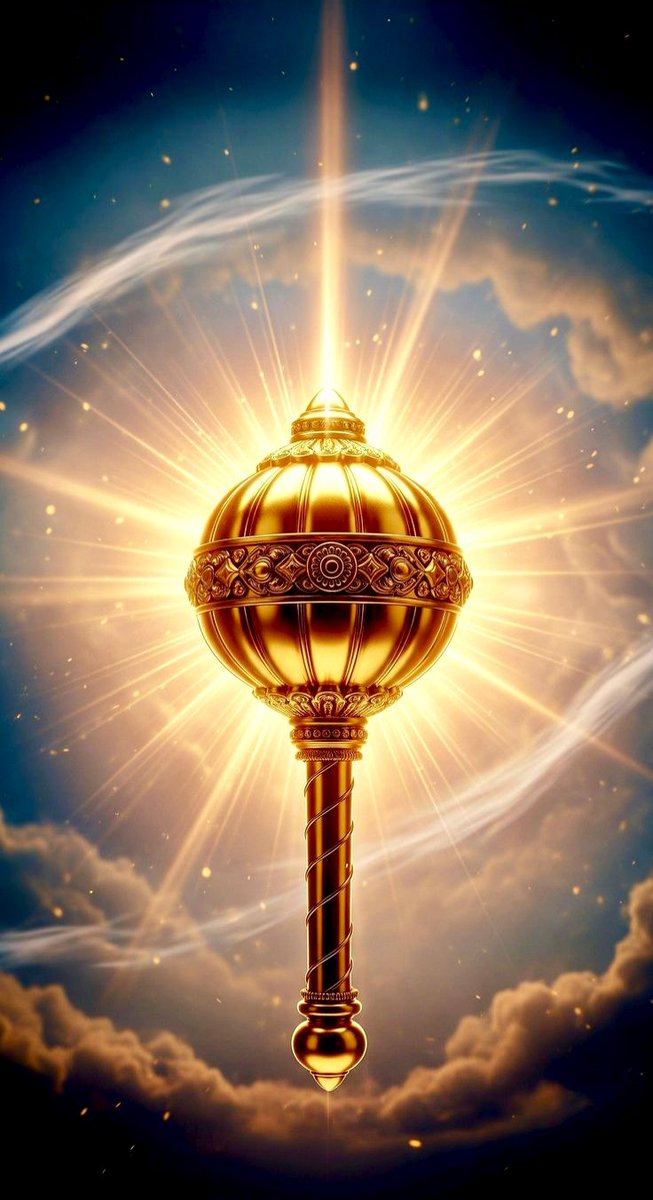Vishnuvardhana (1108–1152 CE) was a king of the Hoysala Empire. He ascended the Hoysala throne after the death of his elder brother Veera Ballala I in c.1108. Originally a follower of Jainism and known as Bitti Deva,.. 

..he came under the influence of the Hindu philosopher Ramanujacharya,converted to Hindu Vaishnavism and took the name"Vishnuvardhana".
Vishnuvardhana took the first steps in creating an independent Hoysala Empire in South India through a series of battles against his overlord..

Vishnuvardhana took the first steps in creating an independent Hoysala Empire in South India through a series of battles against his overlord..


..the Western Chalukya King Vikramaditya VI, and the Chola Empire to the south. He recovered parts of Gangavadi province (modern southern Karnataka) from the hegemony of the Cholas in the battle of Talakad,and parts of Nolambavdi. 

..Vishnuvardhana, described as‘Maker of Hoysala kingdom’ was one of the most illustrious rulers of this dynasty.He laid the foundation of the Hoysala kingdom both politically and culturally. He ascended the throne in 1106 CE after the death of his brother Ballala I. 

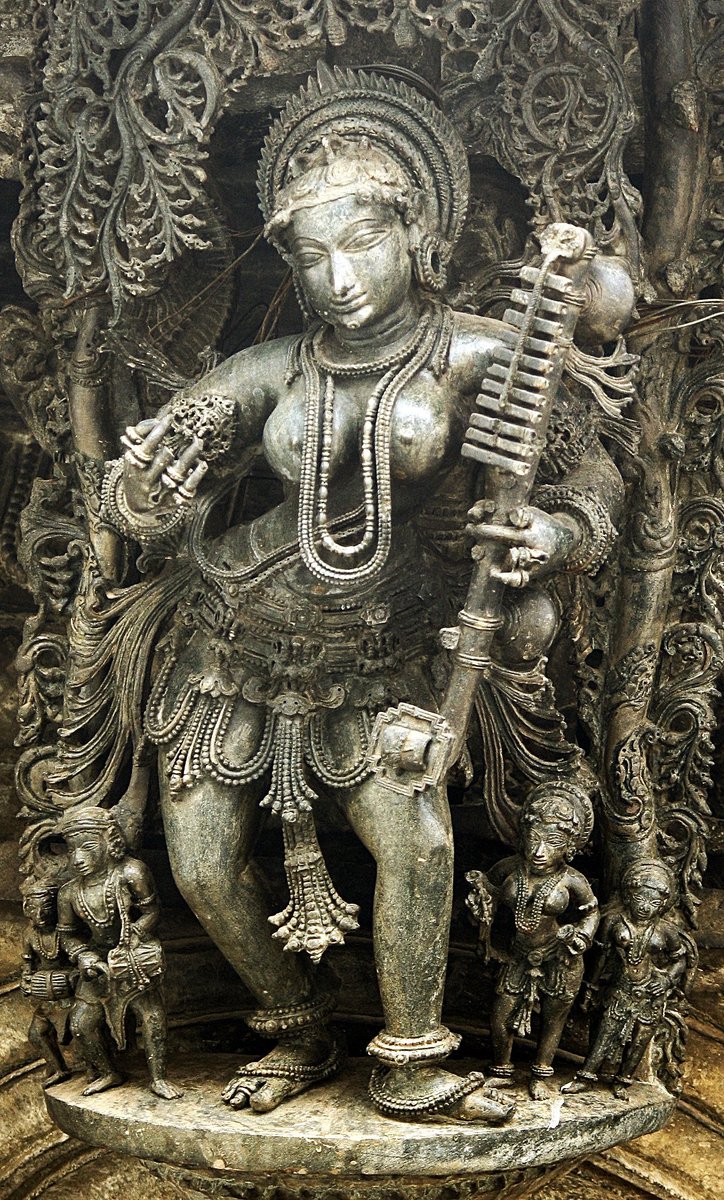

Even before his accession to the throne Vishnuvardhana had taken a prominent part in wars with neighbouring princes and these wars had filled him with great ambition to extend his kingdom. The first step in this direction was to have a secure and fortified capital. 

Vishnuvardhana transferred his capital from Belur to Dwarasamudra (Halebidu) where a strong fort was built.Vishnuvardhana also established and patronized many agraharas (center of learning where eighteen vidyas or science were taught). 
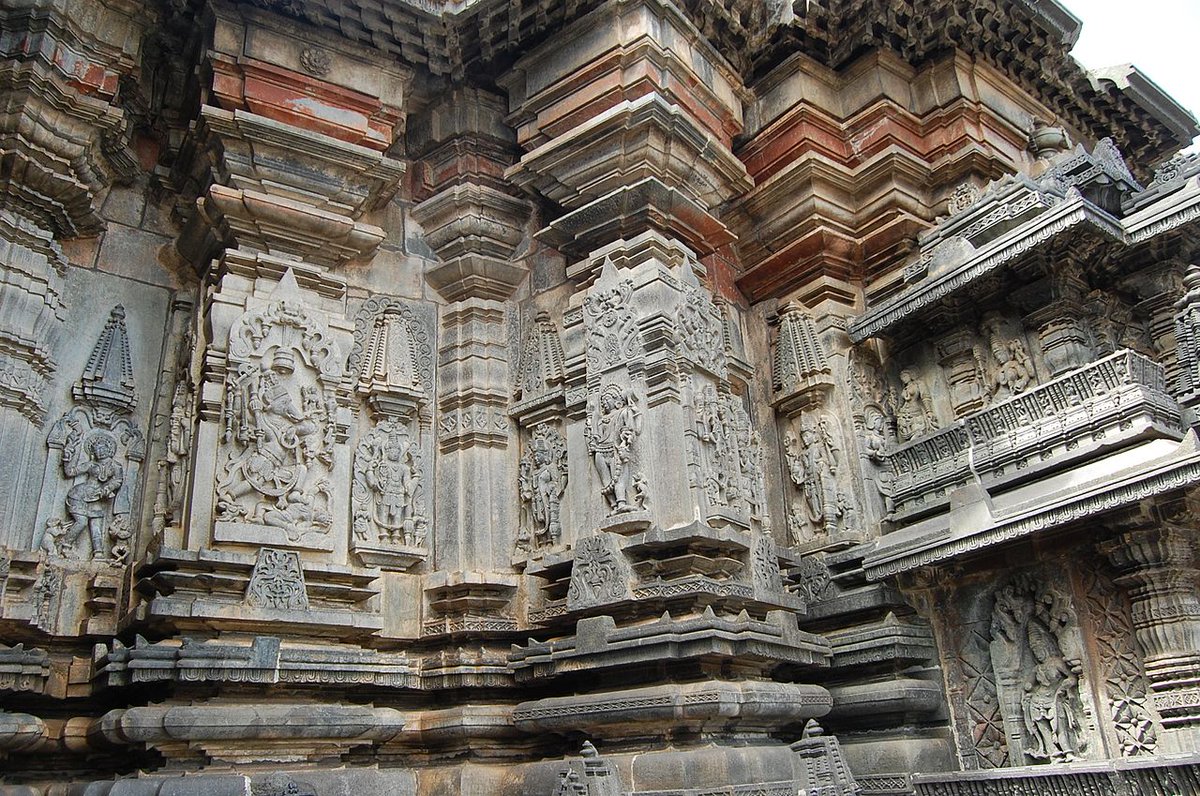
In 1141 CE he granted the village of Kellangere to the agrahara of Hariharapura. The Vishnusamudra agrahara situated near the Vishnusamudra tank was founded by Vishnuvardhana and consisted of 400 Brahmanas. 

In 1117 he encouraged the Sri Vaishnava Brahmanas of Chennakeshava and Lakshminarayana temples to compose prayers and songs and gave liberal grants for their support. In 1125 Vishnuvardhana granted the Salya village on the banks of river Kaveri for the maintenance of the... 

..Jaina guru Sripala traividya deva who was a teacher in the six school of logic.
Vishnuvardhana was a great builder. To celebrate his success against the Cholas, he built the Keerthi Narayana temple at Talakad, and the spectacular Vijayanarayana temple at...
Vishnuvardhana was a great builder. To celebrate his success against the Cholas, he built the Keerthi Narayana temple at Talakad, and the spectacular Vijayanarayana temple at...

..Belur(also called the Chennakesava Temple, dedicated to the Hindu god Vishnu).Around the same time,Hoysaleswara Temple, more ornate than the one at Belur and dedicated to the Hindu God Shiva was consecrated.Temples of Belur &Halebidu are a proposed UNESCO world heritage sites. 

Hoysala literature in the Kannada language began to proliferate under the patronage of Vishnuvardhana. The mathematician Rajaditya wrote Vyavaharaganita and Lilavati on mathematics. 

According to the historian E.P. Rice, the epic poet Nagachandra was under Vishnuvardhana's patronage when he wrote the Ramayana in the Kannada language called Ramachandra charita purana, and an epic on the nineteenth Jain Tirthankar titled Mallinathapurana. 

• • •
Missing some Tweet in this thread? You can try to
force a refresh


